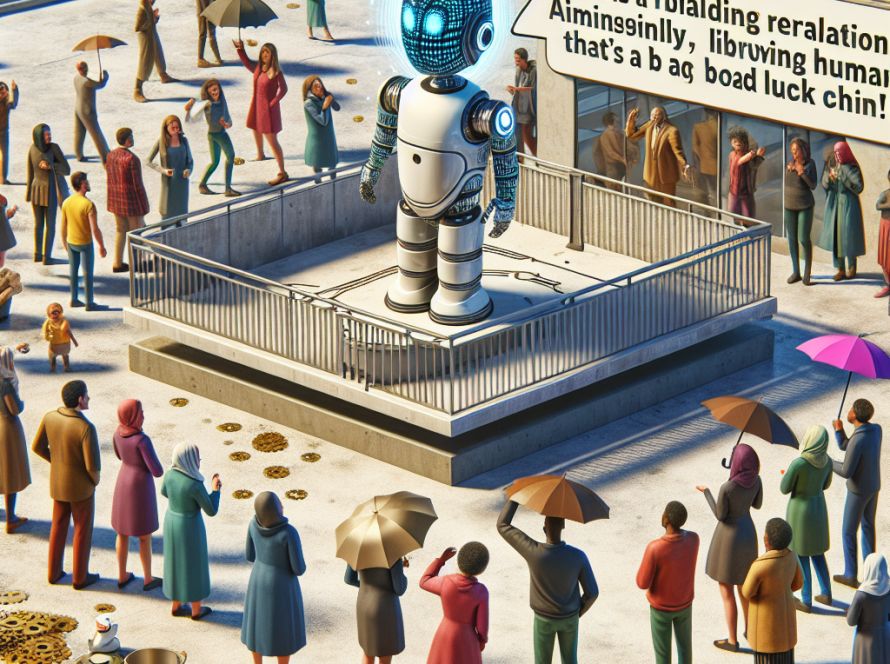The article “Language processing in humans and computers: Part 2” by Dusko Pavlovic discusses chatbots, their origins, functioning, and the challenges they face. The author compares chatbots to search engines, both of which are built on web crawlers and process data scraped from the web.
Chatbots, unlike search engines, are an interface of a language model that extrapolates from sources, not a source index sorted by reputation. This form of artificial intelligence (AI) has its roots in Google’s development of reputation-based search and evolved thanks to machine learning techniques primarily introduced around 2010.
Although chatbots have advanced significantly, they are not as intelligent as humans or even simple pocket calculators, often struggling with basic arithmetic tasks. They also “hallucinate,” distorting the information they process. This issue stems from the fact that chatbots don’t sleep and therefore lack reality-checking mechanisms.
Moreover, when a chatbot refers to an object such as a “chair,” it does not refer to a real-world object but a binary, a piece of information scraped from the web. The chatbot merely remixes the pieces of information it has received to craft a statement that appears meaningful to the user.
Chatbots also face a major issue with copyright; they are trained on content that is often protected under copyright law, leading to conflicts with content creators. Protections of electronic content in the digital age have become an increasingly complicated issue.
The issue of potential harm from chatbots is also discussed. Some argue that chatbots’ perceived superiority to humans, in some aspects, presents a threat to the human race. However, the author argues, chatbots could potentially be morally superior to humans since they are trained on data that exposes the irrationality of aggression displayed by humans throughout history.
Chatbots are seen as extensions of our minds, much like musical instruments to our voices. They are constantly evolving and finding footing in our social fabric, much like corporations, which the author argues, function as entities with artificial intelligence.
In conclusion, the author asserts that while chatbots and corporate entities may be morally indifferent, they have the potential to significantly impact our future. As such, they must be managed and optimized carefully in order to maintain a balance between top performance and the bottom line.


